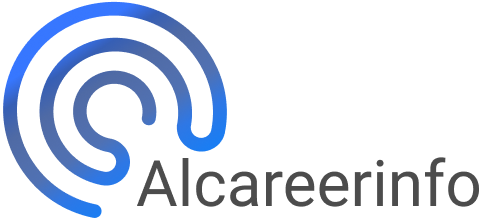Technical writing encompasses a writing form that an author writes about any specific subject with instruction, explanation, and direction. It entails a writing style, with different characteristics and intentions, compared to, other writing styles like academic writing, business writing, and creative writing.
So, what is Technical Writing?
Most companies and organizations require writing services for their services and products. As a result, they look for individuals who can properly write how-to-guides, and simplify complex procedures into something that an ordinary consumer can digest. Technological advancements and the internet have increased accessibility when it comes to doing technology writing jobs online. Such companies engage the platforms, and platform-registered writers do such work on their behalf for a fee.
Applications of Technical Writing
The sphere of technical writing proves straightforward, and contains simple-to-comprehend instructions or/and explanations regarding a specific subject. It proves an efficient method of explaining stuff and its working mechanism.
Technical writing can come in two forms, and these include abstract or tangible forms. Tangible technical writing encompasses something that you can see or touch and includes devices like software programs, computers, or assembly information for specific furniture or devices.
On the other hand, abstract technical writing entails a stepwise process with the steps proving related to tangible objects. For instance, it can include steps needed to finish a process in the office.
Examples of Technical Writing
Many people comprehend things better by understanding what an example of the same entails. Therefore, to understand technical writing, consider the following examples,
- Instruction manuals
- Process manuals
- Policy manuals
- Analysis reports
- User manuals
- Product assembly instructions
- A summary of an extensive report that shortens and highlights the most crucial elements
Guidelines to Writing Excellent Technical Writing
Technical writing needs the author to adhere to a specific set of properties regarding understanding their audience, how to write in a non-personal style, and writing clearly regarding a subject that requires extensive research. When you consider and incorporate these properties, then you can develop clear explanations and instructions for your audience. So what should you consider before you begin writing?
- Comprehend your audience. As an expert, you have to understand specific acronyms, lingo, and abbreviations, which apply to any particular field. However, any beginner in the technical writing field will not similarly comprehend everything. Therefore, ensure that every detail has to get spelled and explained out loud and in a proper way.
- Try and employ the use of a style that proves impersonal. It always proves a wise idea to write in the third person. Such a perspective comes similarly as a teacher who instructs a learner
- Omit all the opinions that might have crossed and dominated your mind. Always ensure that the writing comes straightforwardly and concisely. It should also prove simple and one that your audience can easily understand, especially regarding the instruction and process. Instructions mostly appear as simple steps that an individual has to achieve to get to their desired objective. Alternatively, it can come as a lengthy or short explanation of an abstract concept or an idea.
- Understand the most effective way to research. Here, you have to collect information from diverse sources, comprehend the information gathered before making a thorough analysis of the information before putting it into an easy-to-comprehend format that can become instructive to anyone who lays their eyes on it. Also, take note of the target audience experience level for your targeted audience. The more inexperienced the audience proves, the more you have to provide regarding information and explanations. Further, become thorough while describing issues or things and give out sufficient detail in making your points. However, also deliberate on issues of becoming economical with words to prevent instances where you end up boring your audience with details.
In most cases, if not all, excellent writers make complicated tasks seem simple. Further, such writers also ensure that they can quickly elaborate on a difficult information piece.
Conclusion
Technical writing has a simple definition that proves crucial to understand before you can embark on writing technical pieces. However, in a scenario that you do not know, reviewing the article can become useful. So have a good luck.


